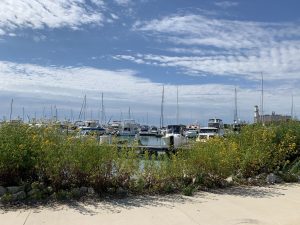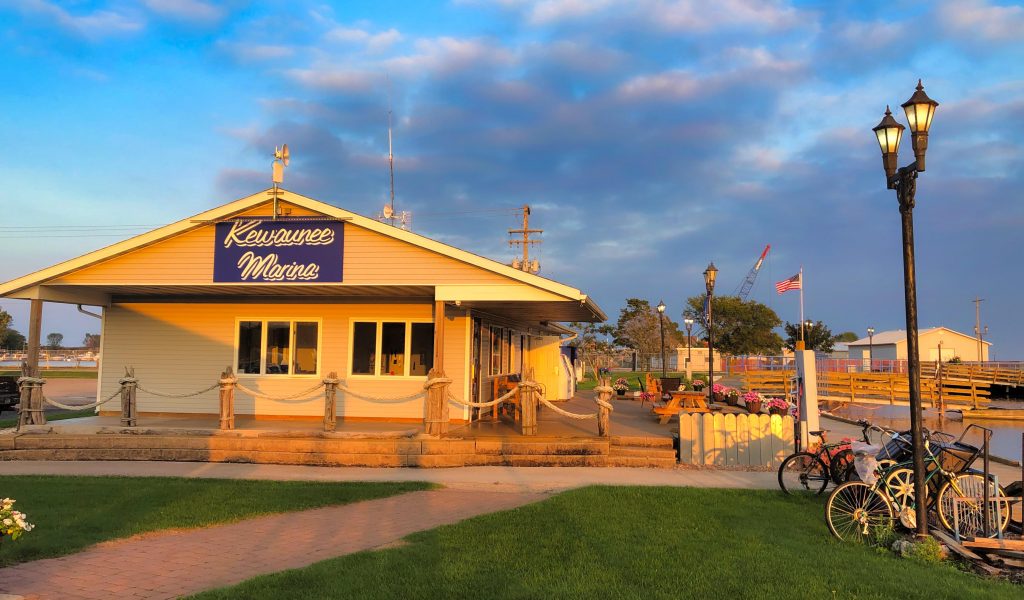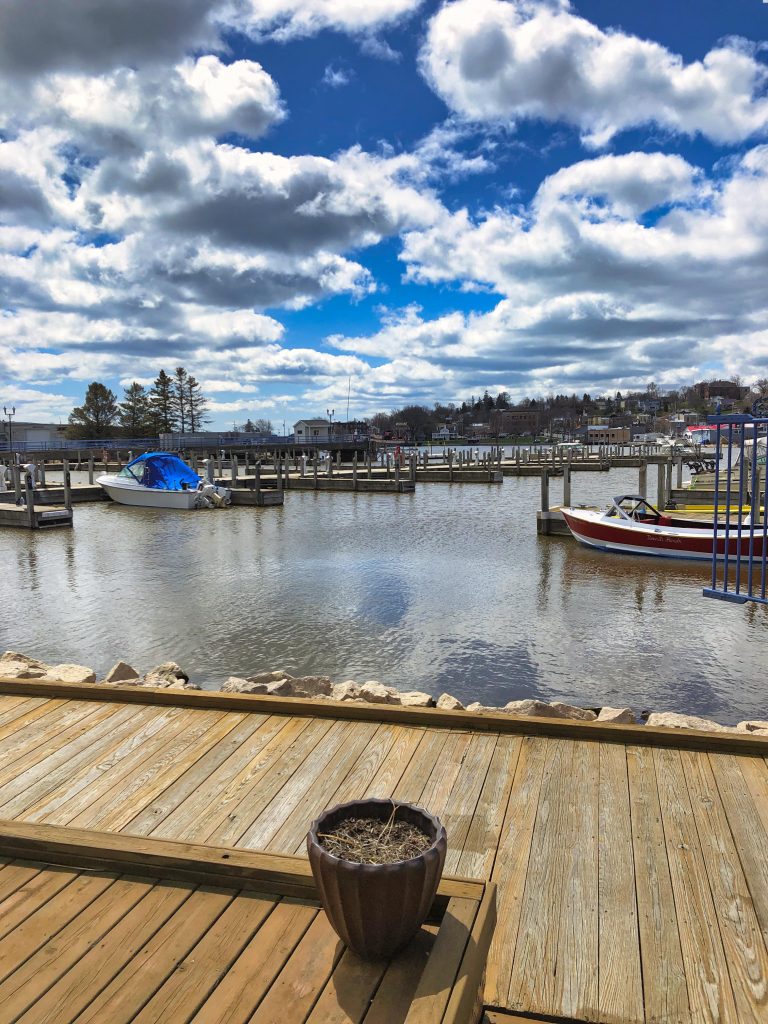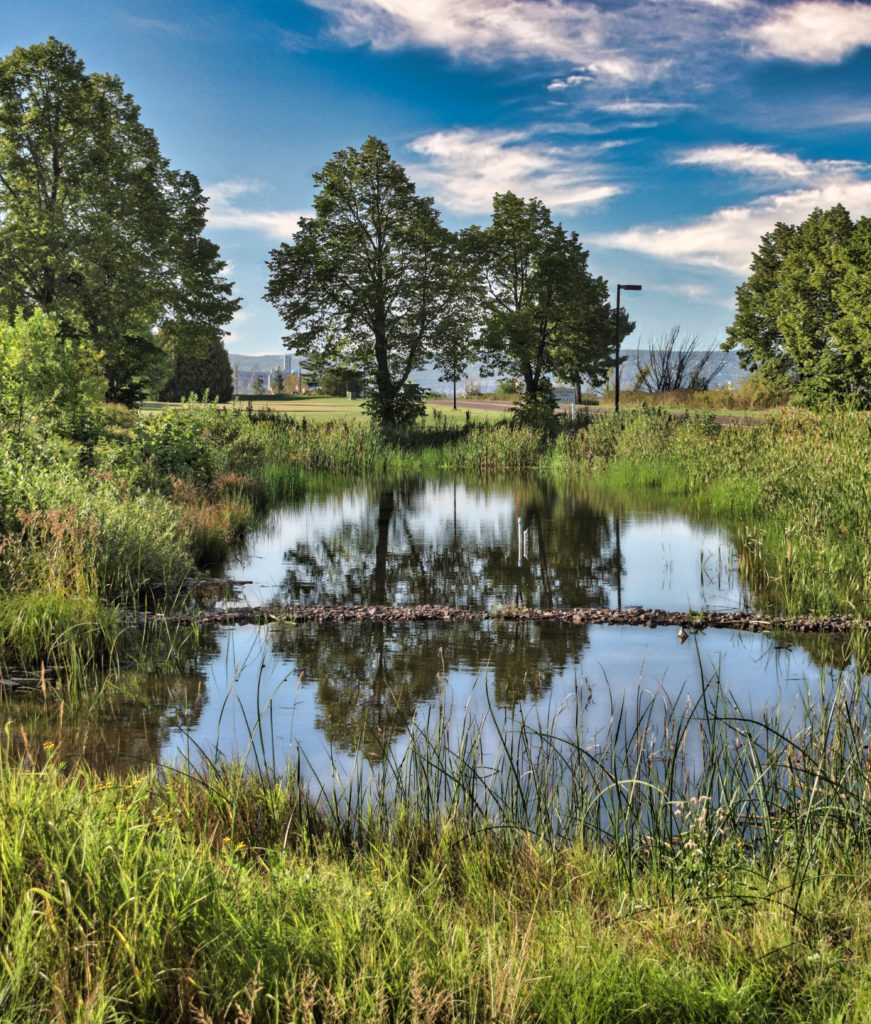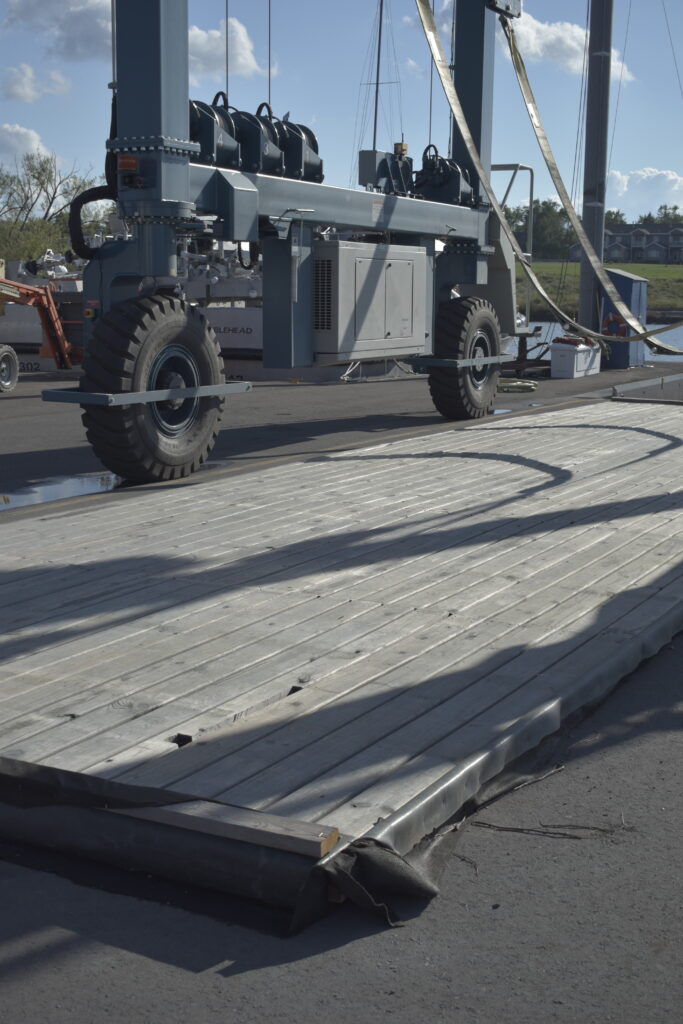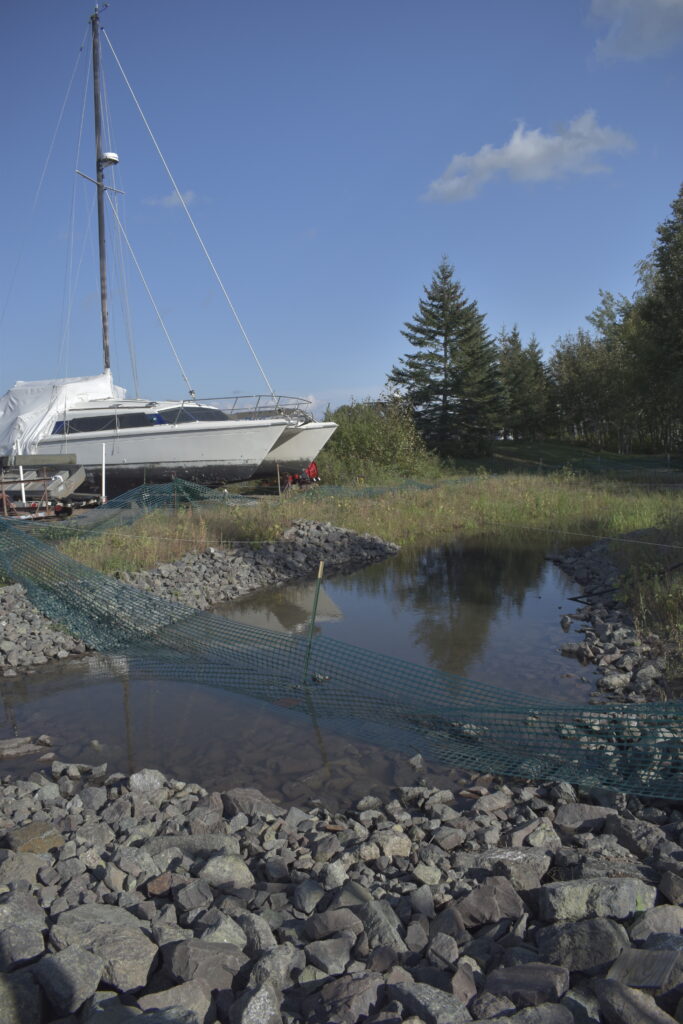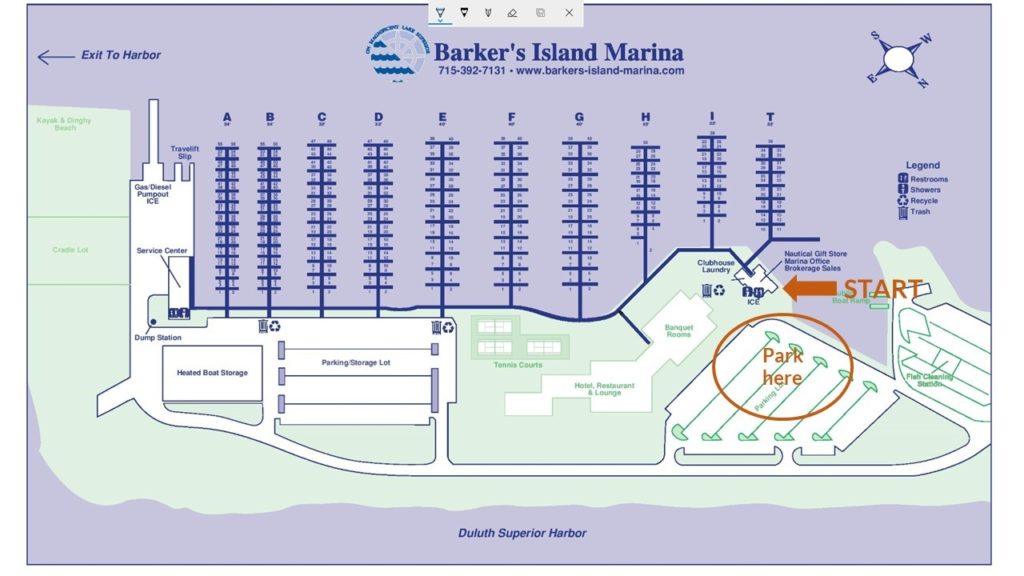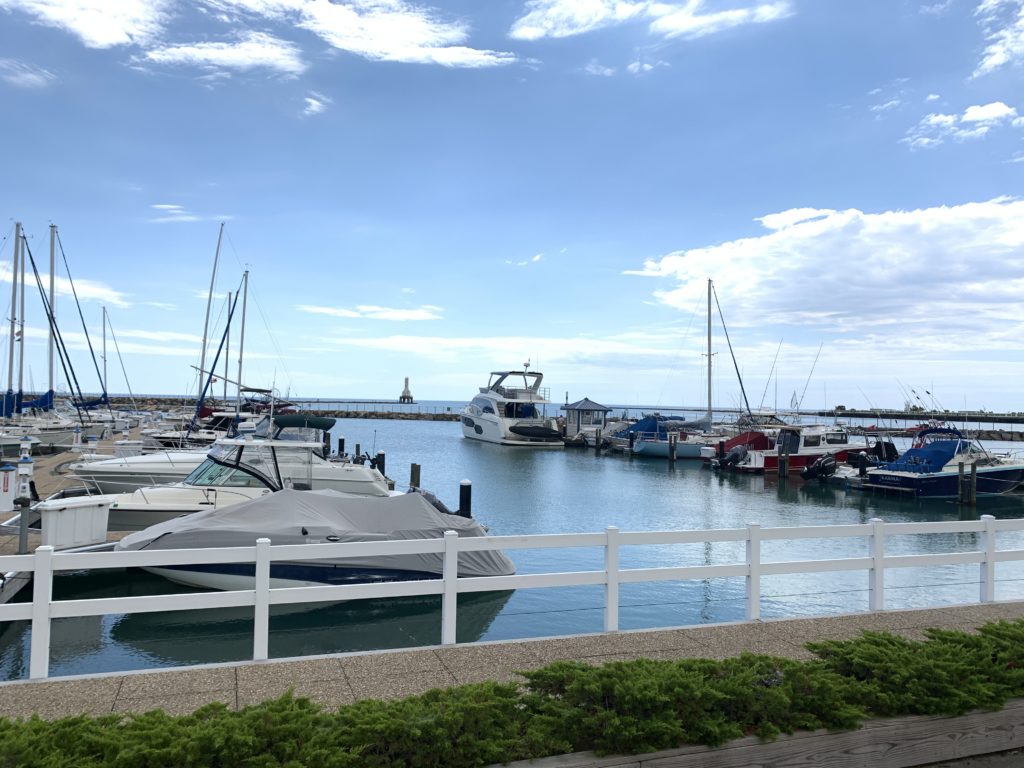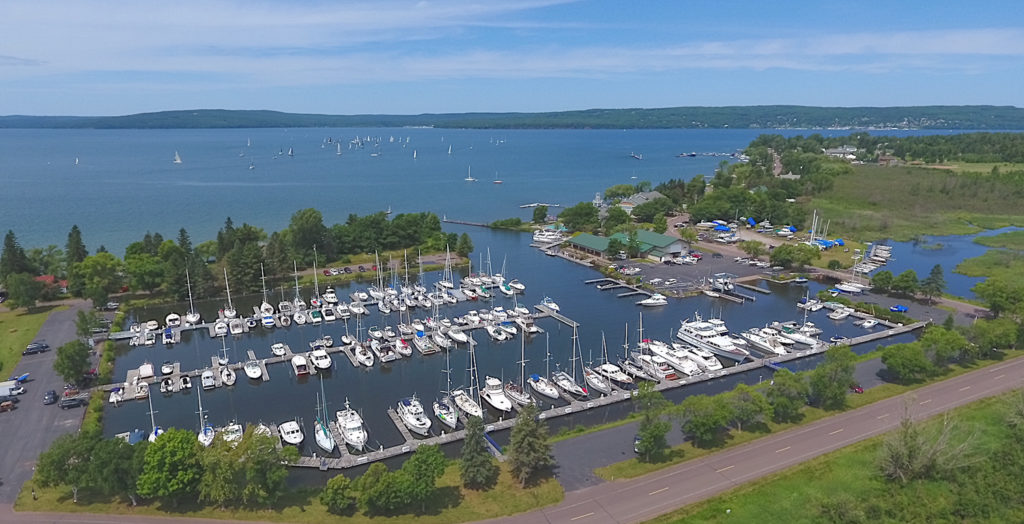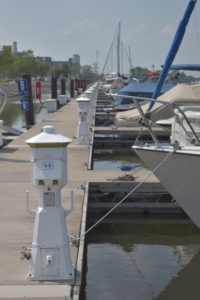Student gained valuable experience through the Wisconsin Clean Marina Program
Karmen Anderson was initially drawn to apply for a communications assistant job with the Wisconsin Clean Marina Program due to the organization’s focus on sustainability. An environmental policy and planning major at the University of Wisconsin-Green Bay, Anderson was intrigued by the program’s mission to work with marinas in preventing pollution and protecting fish, wildlife and public health.
She got the job and for the past three years has been learning about the marina industry and gaining communications experience by handling the program’s social media accounts, newsletters and news releases. Anderson was also able to attend several Wisconsin Marine Association conferences and accompany her supervisor, Wisconsin Clean Marina Program Coordinator Theresa Qualls, on visits to marinas.
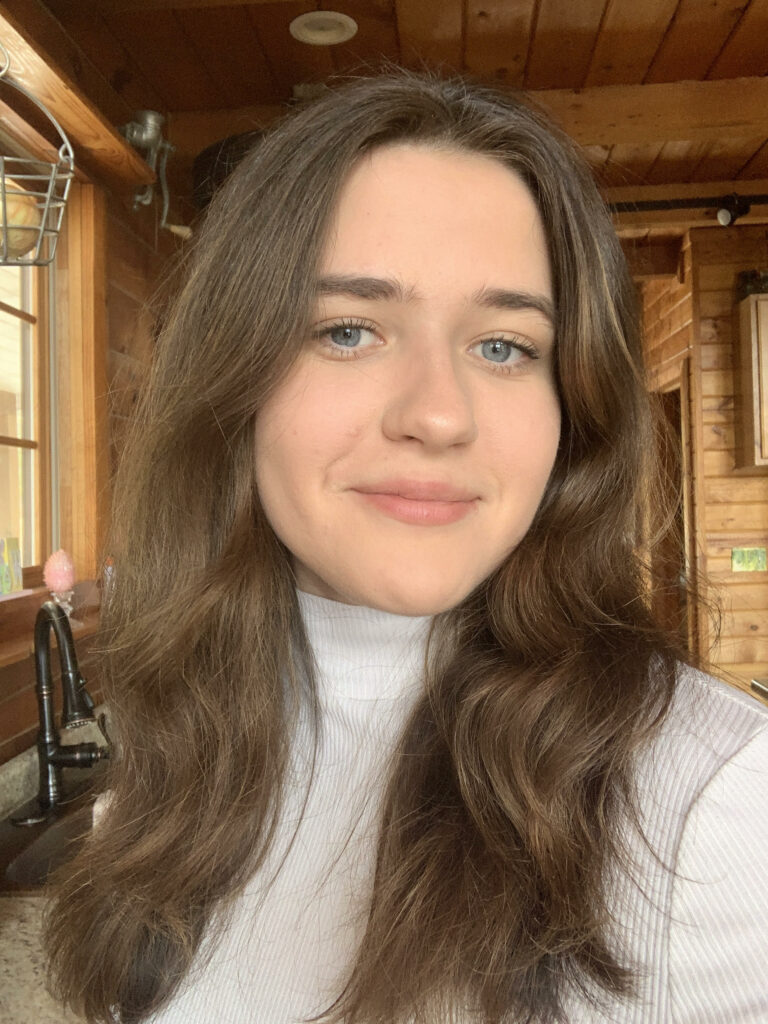
Karmen Anderson, Wisconsin Clean Marina Program communications assistant. She’ll soon be the village planner for the Wisconsin town of Plover. Submitted image.
“It was interesting learning about an industry I knew nothing about. I got to see all the different practices marinas do for clean marina certification, like implementing oil spill kits and landscaping for pollution prevention. I also loved meeting new people and learning from them,” Anderson said.
Notable among those she met was Wisconsin Governor Tony Evers. “We were at Saxon Harbor Marina, which was celebrating reopening after severe flood damage. Meeting the governor was a highlight.”
Marinas, related industries and services contribute more than $2.7 billion to Wisconsin’s economy. The Wisconsin Clean Marina Program was launched in 2010, and 23 Wisconsin marinas have since taken steps to voluntarily adopt practices to become certified.
One of Anderson’s favorite communications projects was helping develop a promotional video for the program. “I loved hearing the marina manager’s testimonial – that the community actually likes the work done through the clean marina program as well as the resources and benefits it provides to marinas.”
She also enjoyed working with Qualls. “You can definitely tell she loves what she does,” Anderson said. “The way she communicates with the marinas and the relationships she has with them are great.”
Anderson is set to graduate this spring and credits her clean marina experience with helping her nab a full-time job as a village planner for Plover, Wisconsin.
“This position gave me a lot of experience in communication and outreach. I definitely plan to bring that into my new job, which entails a lot of work with the community and developers,” Anderson said.
The Wisconsin Clean Marina Program is administered by University of Wisconsin Sea Grant in partnership with the Wisconsin Marine Association, Wisconsin Coastal Management Program, and Wisconsin Department of Natural Resources with funding from Fund for Lake Michigan.
The post Student gained valuable experience through the Wisconsin Clean Marina Program first appeared on Wisconsin Sea Grant.Blog | Wisconsin Sea Grant
https://www.seagrant.wisc.edu/blog/student-gained-valuable-experience-through-the-wisconsin-clean-marina-program/

